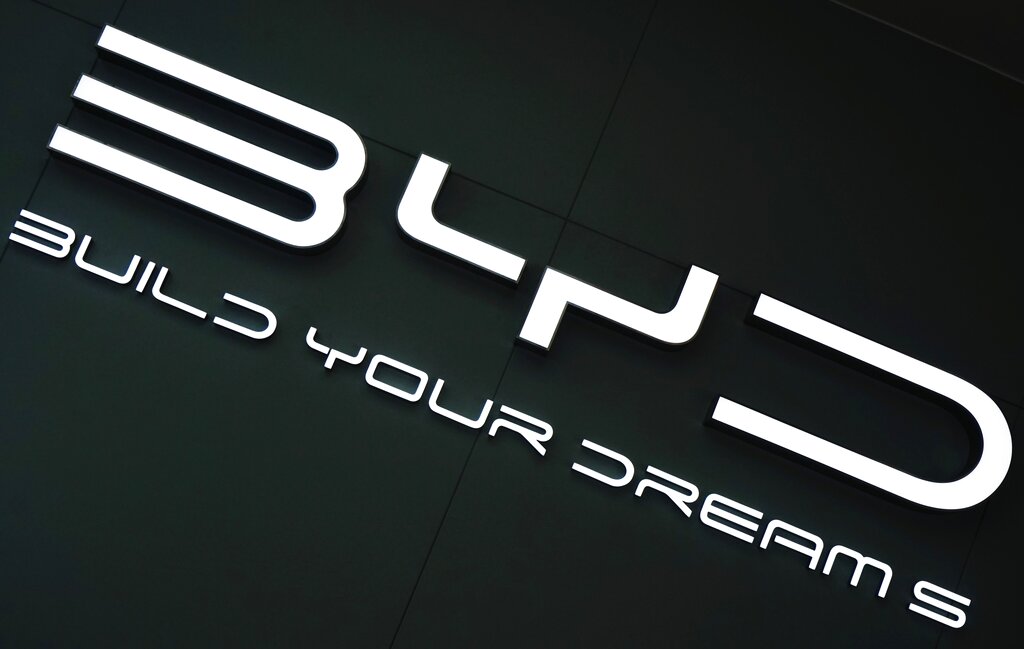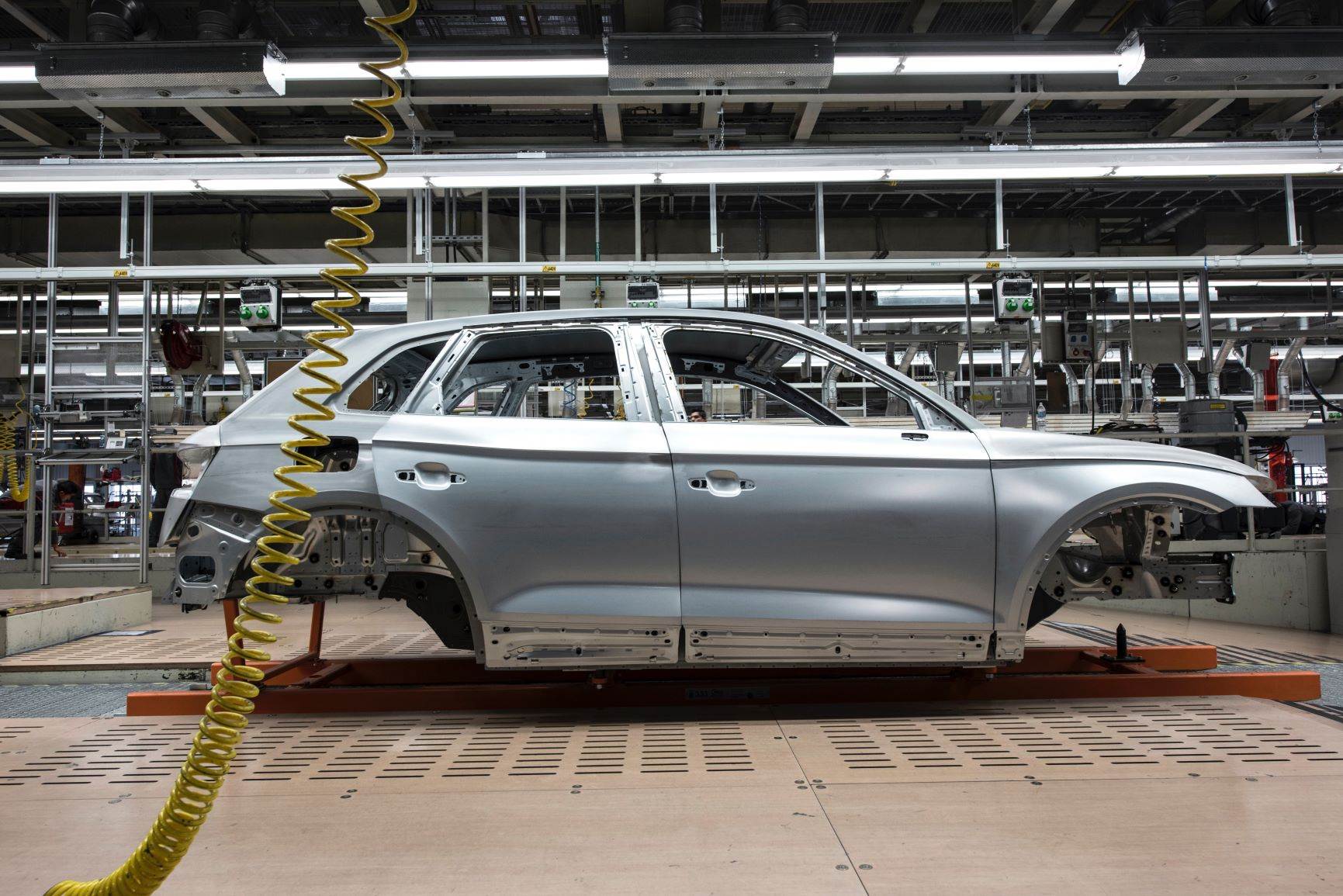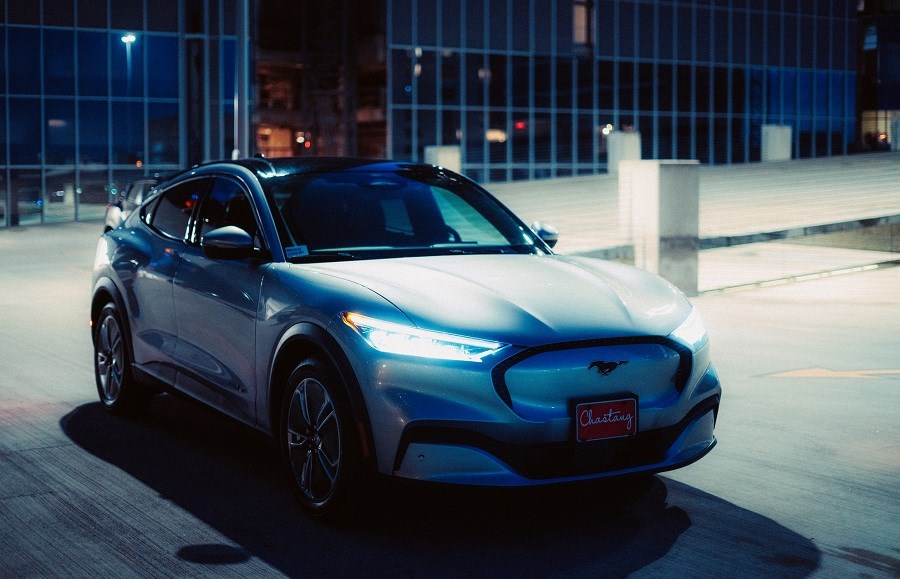
Warren Buffett’s Berkshire Hathaway (BRK.A/BRK.B) has reduced ownership in BYD Co. (01211) for the first time since 2008. In a filing to the Hong Kong stock exchange, Berkshire said it disposed of 1.3 million shares on August 24, 2022 at an average price per share of HK$ 277.1016, reducing its total holding to 218.7 million shares, representing 19.92% of voting rights.
Compared with its ownership of 225 million shares reported in BYD’s interim report as of June 30, 2022, Berkshire Hathaway has sold at least 6.3 million shares in two months.
Shares in BYD ended Wednesday at HK$ 242.2, down 7.9%.
Greggory Warren, senior stock analyst at Morningstar who covers the Berkshire Hathaway stock, says that Berkshire is generally a buy-and-hold investor, and there are only three conditions where it makes a sell call:
- If Berkshire has soured on a firm or its management,
- If Berkshire is looking to raise capital, or
- If Berkshire is looking to keep a stock holding below a specific reporting threshold, especially if the company in which it has a stake has been buying back its own stock.
When asked if Berkshire is looking to de-risk its portfolio away from China, Warren says that the company’s purchases and sales are generally stock specific. He would not interpret the sale of BYD as some sort of call on a specific market or risk assumption/de-escalation. Warren adds that BYD makes up less than 3% of Berkshire’s insurance investment portfolio which is less than 0.5% of the overall value of Berkshire.
Our View on BYD Stock is Unchanged
Vincent Sun, the Morningstar equity analyst who initiated coverage of BYD earlier this month, says: “Our view on BYD’s fundamentals has not changed from our most recent published report, and we maintain the stock’s starting fair value estimate at HK$ 315.”
However, pressure on the BYD stock price is inevitable. “Some investors might take this as an indication that BYD may peak around that price level while carrying a rather high valuation. This could lead to a short-term overhang to the upside for BYD.” BYD shares have rallied 75% from the one-year low of HK$ 165 in March and are trading in a fairly-valued territory.
Car Sales Set to Double from Last Year
Sun thinks that as the largest electric vehicle manufacturer in China targeting the mass-market segment, BYD will continue to benefit from the vehicle electrification tailwind. Sales momentum will remain robust through the rest of the year and the full-year sales are expected to reach 1.7 million units, or a year-on-year increase of 131%.
The medium-term growth trajectory is promising, too. Sun says: “The development of EV technology and battery energy density should result in higher profitability over the longer term despite raw material pressure this year. Growing economies of scale and lower unit production cost lead to an improved outlook for vehicle sales profit.”
Chinese and overseas automakers plan to bring new EV fleets to the market. Sun thinks BYD’s current models should stand out with in terms of competitiveness in driving range and energy efficiency, thanks to the leading blade battery and DM-i technology.
“Potential breakthrough in an external shipment of batteries this year would provide another growth driver, which we have not yet factored into our valuation estimates,” continues Sun. Other than that, the company plans to venture outside of the mass market by launching a new premium brand next year targeting a price range above RMB 500,000.
BYD Stock has No Moat, Earns a High Uncertainty Rating
BYD, a traditional automaker, isn’t the only Chinese contender seeking a pivot into EV. Across Morningstar’s coverage, there are three competitors focusing solely on manufacturing EVs. While the path of vehicle electrification remains nascent, these companies are rated with high or very high uncertainty. Moreover, the EV names are rated with no economic moat.
“At this stage of sector growth, we do not yet see either moat source to be sustained by the Chinese EV firms. As the industry becomes increasingly competitive, we think it is too early to determine whether the technology lead and brand equity that these firms have will be retained over at least 10 years,” Sun says.
For traditional automakers, it has proved difficult to establish and sustain their economic moat.
China autos struggle with issues, as the country has a relatively short history in carmaking and limited landmark models and brand awareness to compete with foreign known brands, even domestically. While they are rated with a no-moat rating at present, Sun will continue his analysis of their ability to leverage the current technology and maintain a premium pricing over competitors to earn the moat going forward.
Fund Manager Warns Against BYD Stock, and China EVs
A China equity manager spoke to Morningstar, and cautions against BYD and the EV sector.
“We do not own BYD,” says Winston Ke, portfolio manager at FSSA Investment Managers, as the company “barely makes any profit”. Ke doubts whether BYD can defend its market share after EV supply chains return to normal.
“We believe its high valuations may be unjustified and although the stock has performed well this year, we have not bought the shares,” adds he. While the market is hyped about the vehicle electrification theme of investing, Ke cautions against the herd mentality. “Sometimes that means missing out on the stocks that have performed well, but are yet to prove themselves as long-term earnings compounders,” he explains.
In terms of valuation, according to Morningstar Direct, BYD and Li Auto (02015) are rated trading around their respective fair value while XPeng (09868) and NIO (09866) trade more to the undervaluation side, both receiving a four-star rating as of the end of August 2022.











.png)






.jpg)





